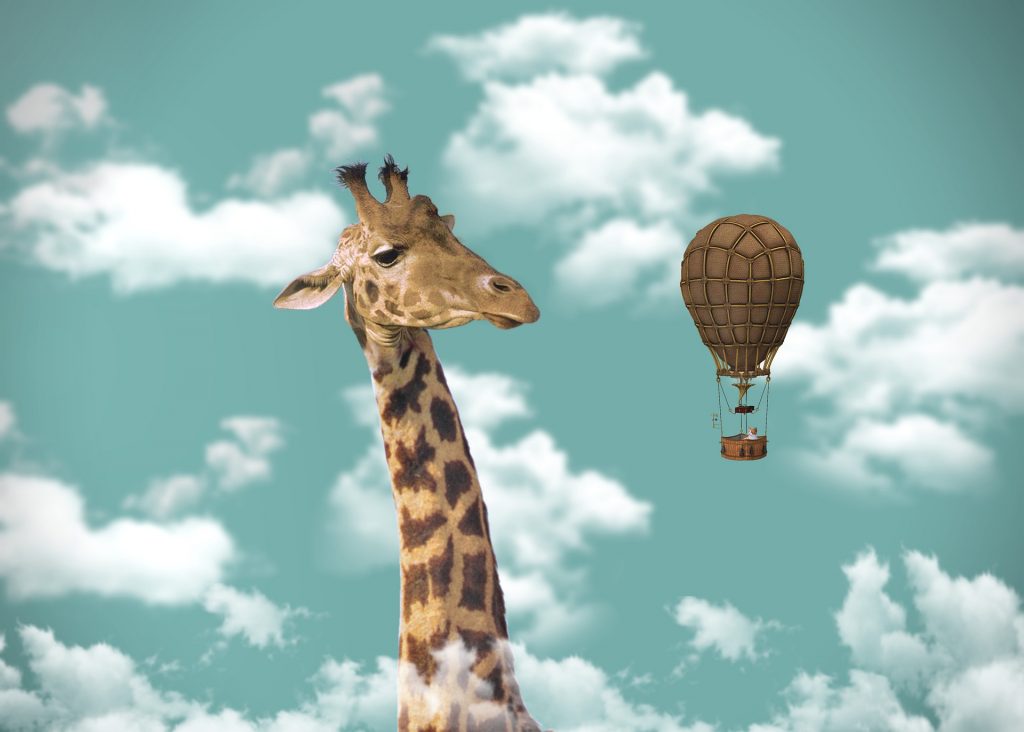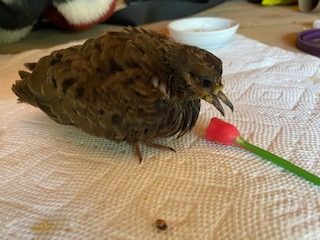
I know you are anxiously awaiting the results of my pseudo-science experiment from my last blog. I had pondered the question of the effect of physical space on creativity: Do You Have Enough Space for Creative Thought?
Do you have enough space for creative thought?
In my previous blog, I wondered if writing in a high ceiling location or better yet, in the wide open space of the outside, would produce more creative writing than writing in a low ceiling room or smaller space. I designed my experiment as follows:
I wrote for 15 minutes on a new writing project (yes, I did use a timer). I wrote short scenes (or what I could produce in 15 minutes) on a completely new story idea. I wrote in different locations from outside, to a high ceiling room, to a basement room with one small window, to my tiny trailer with room height of less than 6 feet (my small space). I kept track of how many words I wrote in each location and scored the work on my non-scientific and completely subjective “creativity” scale.
Read more





